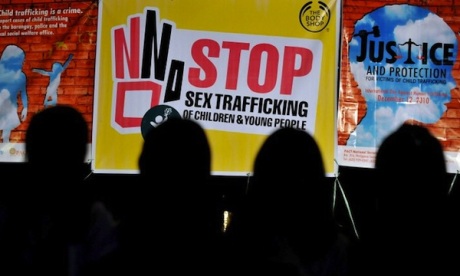A New Zealander, Archbishop Sir David Moxon, has played a key role in bringing about an historic interfaith accord against human trafficking.
Eradicating modern slavery and human trafficking worldwide by 2020 is the goal of the newly-formed Global Freedom Network.
An accord was signed at the Vatican on March 17 by representatives of Pope Francis, the Archbishop of Canterbury, Justin Welby, and of the grand imam of Al-Azhar University in Cairo.
The global initiative aims to prevent modern forms of slavery; to protect, rescue and rehabilitate victims; and to promote concrete measures that condemn or criminalise human trafficking.
The network hopes to grow to include all the world’s major faiths.
Archbishop Moxon, the director of the Anglican Centre in Rome, was closely involved in negotiations leading up to the accord.
He called human slavery “a plague on a vast scale in many countries across the world today “.
“This situation is not improving, but is probably deteriorating,” he said.
Human trafficking has proven resistant to government, police and legal efforts to fight it, he added.
Archbishop Moxon said the idea for the network took root during a meeting last year between the Pope and the Archbishop of Canterbury.
The two men looked for ways to pursue concrete cooperation, Archbishop Moxon said.
Development continued during subsequent anti-trafficking conferences and initiatives held at the Vatican.
Archbishop Moxon said the initiative is an example of mission-based ecumenism.
One of several aims for the network is to get faith communities to ensure their “supply chains” and investments are free from using or profiting from slave labour.
It is estimated that between 12 and 27 million people worldwide are enslaved into forced labour and sexual exploitation.
Sources:
